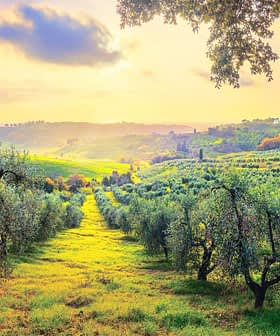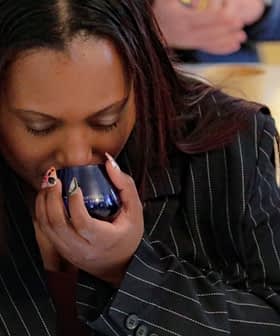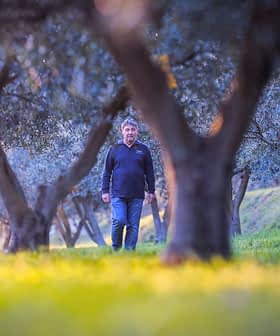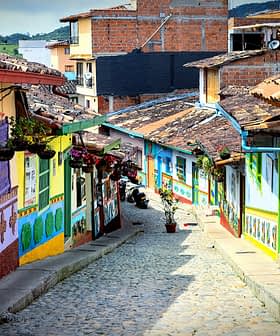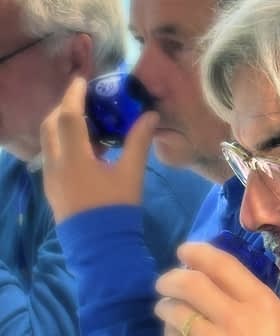Olive Center's Sensory Course Set for June
Held at the Robert Mondavi Silverado Sensory Theater, the course is open to professionals and others interested in a more thorough understanding of how to evaluate olive oil.
The UC Davis Olive Center is hosting the 2016 Sensory Evaluation of Olive Oil Certificate Course from June 14 to 17 at the Robert Mondavi Silverado Sensory Theater, led by executive director Dan Flynn. The program includes advanced sensory software, a faculty of experts, and a presentation by cookbook legend Deborah Madison, offering participants the opportunity to learn how to evaluate olive oil quality and receive a Master Certificate upon completion.
The UC Davis Olive Center has announced June 14 to 17 as the 2016 dates for their Sensory Evaluation of Olive Oil Certificate Course. Held at the Robert Mondavi Silverado Sensory Theater, the course is open to professionals and others interested in a more thorough understanding of how to evaluate olive oil.
The program is spearheaded by Dan Flynn, executive director of the UC Davis Olive Center. Through his efforts, the Center is considered a leader in international olive research and education. He also oversees production of UC Davis Olive Oil and other olive products that help support the center. Flynn is enthusiastic about this year’s program. The course employs advanced sensory software and a highly respected faculty of sensory, chemistry, and policy experts, he said.
See Also:UC Davis Sensory Evaluation of Olive Oil Certification Course
“The software allows participants to bring in tablets or laptops and to enter assessments directly into the computer. The info goes into the Cloud, and the entire audience can see how their evaluations compare. It’s a really well-integrated course.”
This year, along with highly respected sensory scientist and panel leader Sue Langstaff (“Her participation, alone, makes our course stand out from most in the world,” said Flynn) and Selina Wang, who oversees research for the Olive Oil Center, the panel will feature Deborah Madison, the 2016 winner of the James Beard Foundation Cookbook Hall of Fame honor. “She’s a legend in the cookbook and healthy food cooking world and she’s a true authority on olive oil,” Flynn said.
Madison’s presentation is likely to include tastings and valuable advice about how to pair foods with olive oil and how to use them to bring out the best in various ingredients. Other components of the four-day class include learning about the science of tasting, evaluating more than 60 oils using official blue tasting glasses, receiving training designed for panel members, and more with all participants receiving a Master Certificate upon course completion.
“We’re not claiming that by going through this course you’re going to become an instant expert but you will definitely know how to evaluate olive oil quality,” said Flynn.





